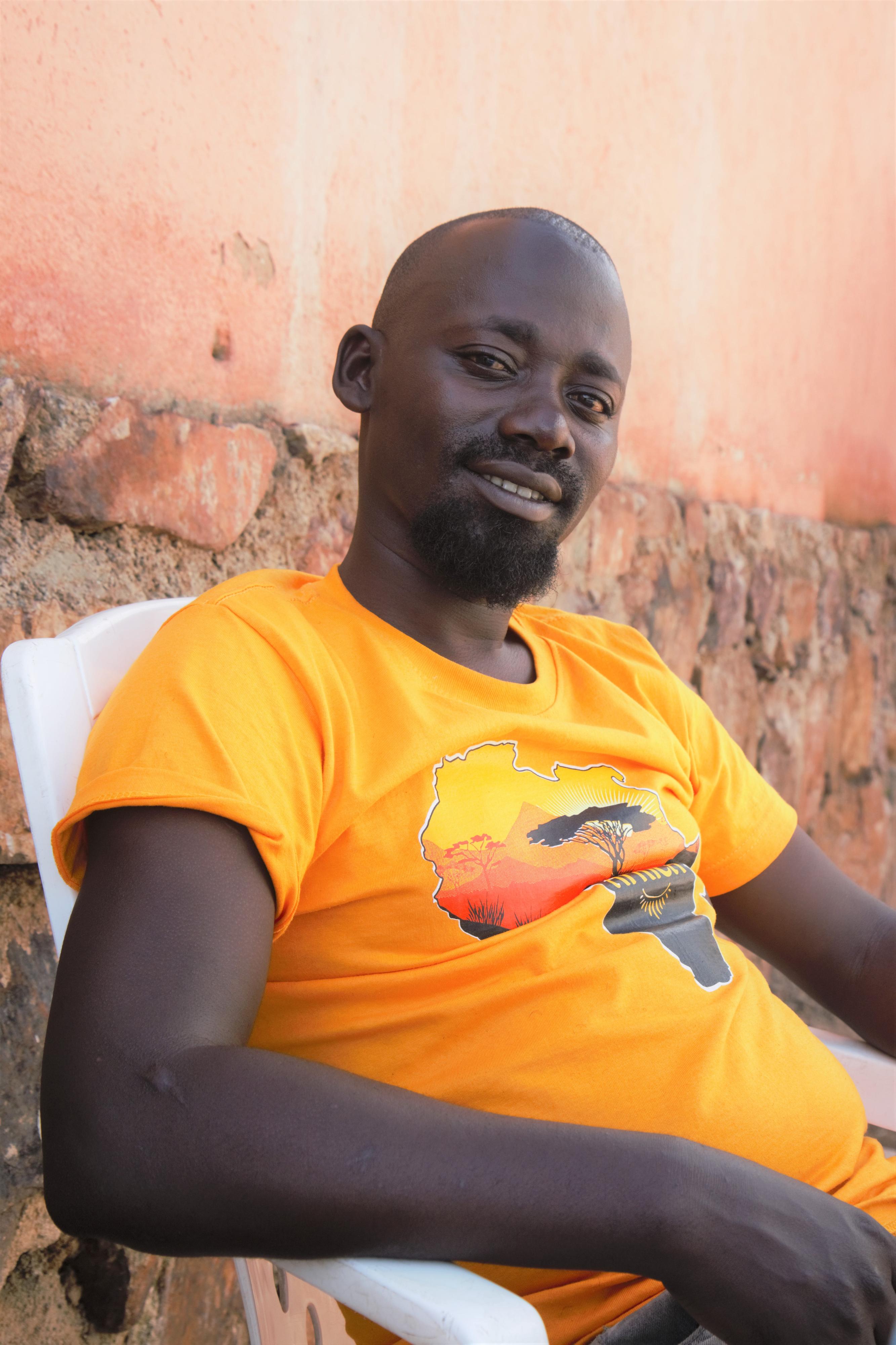As the country will begin commemoration of the 1994 Genocide Against Tutsi, a survivor recounts experience in hands of killers.

the 1994 Genocide Against the Tutsi seems many years ago, but it still feels fresh for survivors. Thirty-fi ve-year-old Yusoufu Siboniyo is one of those who came face-to-face with death.
Born in Kibungo, in South-eastern province, he was seven in 1994 when hell broke loose. Before it all, Siboniyo recalls how schools were few. “There was no nursery school education, so one had to stay at home until the age of seven to join primary education,” he recalls.
With him being the firstborn, he had two siblings, who all stayed at home. Their grandmother’s house neared them, and he could often accompany her in the evenings.
“It was a custom for elders to listen to the evening news on Radio Rwanda,” he narrated. “I always wondered why it was so crucial for the elders,” he adds.
Access to radio was limited, so elders had to gather at the homes of the few who had them. Siboniyo came to later understand how times were tense, and that is how society could learn of the political plans. Through news, it was announced how former president Juvenile Habyarimana’s plane had been shot down, and the plan was to execute all the Tutsis, who were being referred.
“Hearing of elders pondering on what to do, and that danger was heading our way, is something I barely could understand then,” he adds.
Following a visit by a family friend, who warned them of possible executions, they knew how a tougher time had arrived, “Our dad advised we split up, were he moved alone, leaving us also to take a different direction,” he narrates.
They escaped, in search of safety as the home was no longer safe, “I carried one of my siblings on my back, and my mother too did same,” he narrates. They mostly travelled at night, since it was safer, “Daytime was for hiding in bushes since executions were being carried out,” he states.
As it rained, for days they walked in hope of reaching the Tanzanian border to escape.
“We could feed on raw cassava or sweet potatoes from gardens,” he recalls. The sight of dead bodies, sounds of weeping, torment, and torture filled their lives.
“I stopped thinking, and just followed up as we hopelessly walked,” he states, “We knew that our time had come, and was half-dead,” he adds. Intercepted at one roadblock as they continued, the women and children were led to an identified fencing nearby, where they were sheltered, “One of the young men jokingly bragged how they were keeping us for killing later, which was sooner,” he recalls.
Shocked by this comment, he told his shocked mother since they thought that these young men were good Samaritans. One afternoon, they were commanded by youth to assemble as the time had come. To this, the hundreds who had sought refuge at this place were all driven into the great silence of sock.
Paraded as they lay on the ground in a cue, facing down, it was time to face their execution. Siboniyo recalls four energetic youth, two on one wend then on the other,
“With hey started butchering from the extreme ends, instructing us not to move an inch, so we lay in despair, as we awaited our fate,” he states.
With the mood to have been tainted by bloody killings, which sparked fear all through everybody, Siboniyo recalls no normal errands, but somber mood, dead bodies, and wails,
“The only sound one could hear was weeping, pleading or prayer intercession,” he states.
The gruesome exercise was shortly intercepted by the sound of a gunshot, where one of the perpetrators was shot as others fled.
“It was the FPR soldiers who had come to our rescue,” he narrates.